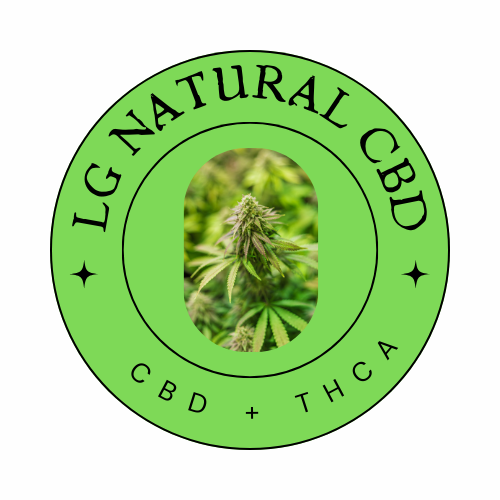Can I Get Addicted to CBD?
In noting, the binding of THC (tetrahydrocannabinol) to CB1 receptors in the brain is associated with the development of tolerance, dependence, and withdrawal symptoms. Here’s a more detailed explanation based on your statement:
THC and Addiction:
1. **THC and CB1 Receptors**:
- THC is the primary psychoactive compound in cannabis that binds to cannabinoid receptors, specifically CB1 receptors, in the brain. This interaction triggers the release of dopamine, which contributes to the pleasurable effects associated with cannabis use.
2. **Tolerance**:
- With regular use of THC, the brain's CB1 receptors become less responsive to stimulation. This means that over time, individuals may need higher doses of THC to achieve the same effects, a phenomenon known as tolerance.
3. **Dependence and Withdrawal**:
- Dependence on THC can develop when the brain adapts to regular exposure to the compound. When THC use is reduced or stopped, withdrawal symptoms such as irritability, anxiety, insomnia, and cravings can occur as the brain readjusts to functioning without the substance.
Hemp and CBD:
1. **Low THC Content**:
- Hemp is a variety of the Cannabis sativa plant that is specifically bred to contain very low levels of THC (typically less than 0.3% by dry weight). Due to these trace amounts, hemp does not produce the psychoactive effects or the tolerance and withdrawal symptoms associated with high-THC cannabis.
2. **Non-Addictive Nature of CBD**:
- Hemp is often rich in CBD (cannabidiol), a non-psychoactive cannabinoid. Unlike THC, CBD does not bind strongly to CB1 receptors and does not produce intoxicating effects. As such, CBD is not associated with addiction, tolerance, or withdrawal.
3. **Therapeutic Benefits Without Addiction**:
- CBD is known for its potential therapeutic benefits, including anti-anxiety, anti-inflammatory, and analgesic effects, without the risk of addiction. This makes it a popular choice for those seeking the health benefits of cannabis without the psychoactive effects of THC.
Summary:
Your statement accurately highlights the key differences between THC and CBD regarding their potential for addiction. While THC can lead to tolerance, dependence, and withdrawal due to its interaction with CB1 receptors, hemp-derived products, which are high in CBD and low in THC, do not carry the same risks. Consequently, hemp and CBD products are generally considered non-addictive and are widely used for their health benefits without the concern of developing addictive tendencies.
